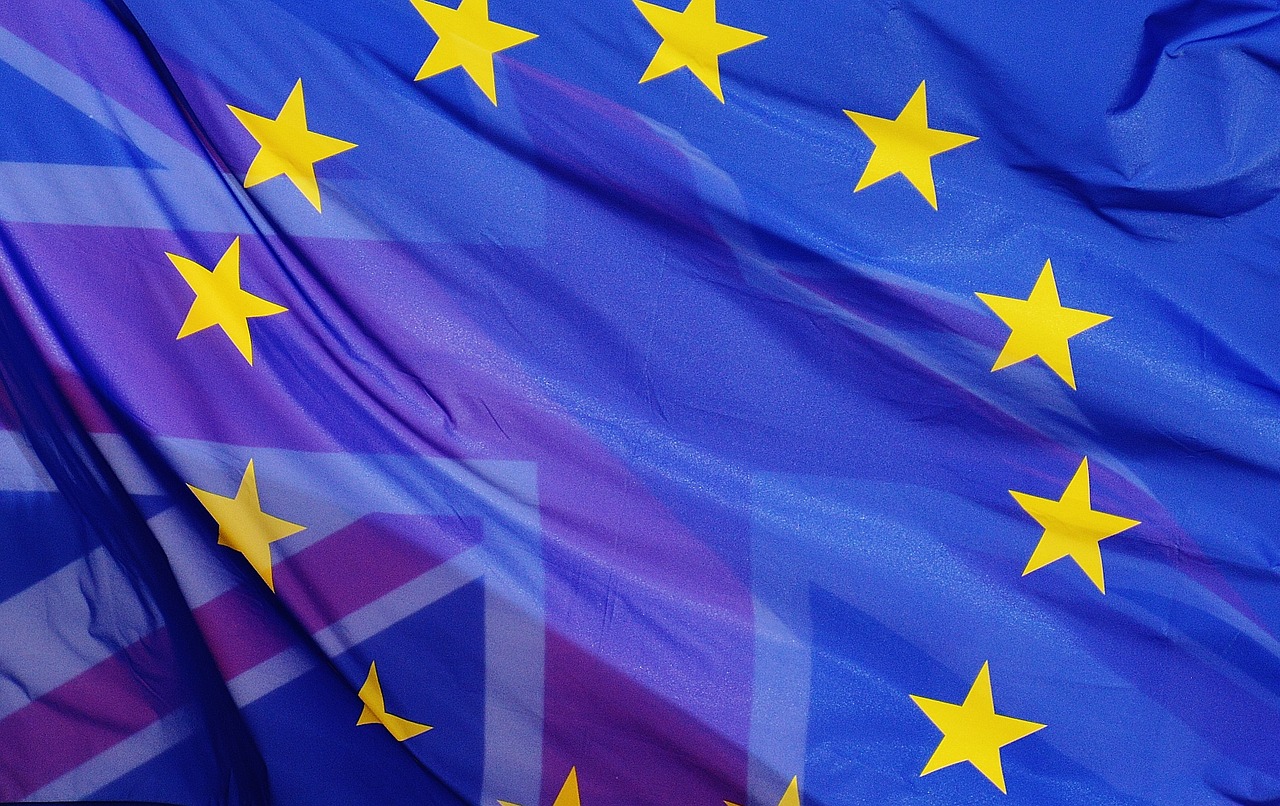On 23rd June the British electorate faces one of the most important votes in decades: whether to remain part of the European Union, or leave and go it alone. Whether the UK should be a part of the EU is a debate that has rumbled since before the first ever UK-wide referendum in 1975, when the country voted to stay in the European Community (as the EU was then known). Like kids on a cold day, we can’t seem to decide whether we want to be in or out.
There are many sources of information claiming to offer insight into whether we should Remain or Brexit, but are their increasingly extreme claims accurate? We take a look at some of the more contentious.
A recently distributed Vote Leave leaflet trumpeted that: “The EU costs us £350 million a week. That’s enough to build a new NHS hospital every week of the year.” Sadly, the £350 million claim is incorrect, as it fails to include the rebate the UK gets on what it has to pay. In 2014 the rebate was worth over £4 billion.
Anti-Brexit Tory Chancellor George Osborne has been at the centre of some of the wildest claims, and at times he seems happy not to let logic get in the way of a good scare story. For example, he has claimed both that Brexit will mean house prices falling by 18%, and also that first-time buyer mortgages will rise by £1,500 a year. Really? If both of those claims are true, then interest rates must be set to go stratospheric if we vote to leave! There is no real evidence for that – this would appear to be Project Fear in action.
Another Osborne line is that: “Brexit would make us worse off to the tune of £4,300 for every household in Britain by 2030.” Again, sounds terrifying, but it simply isn’t true. The figure appears to be derived from research into the amount by which it is estimated leaving the EU might affect the UK economy as a whole, then dividing that by the number of households and presenting it as a domestic expense – which it isn’t. Misleading, to say the least.
And how does one even begin to make sense of last week’s announcement of an emergency Brexit “punishment budget”?!
The Electoral Commission’s leaflet included a claim that: “For every £1 we put into the EU, we get back almost £10 in lower prices, more jobs and more investment.” Well, not exactly. Again, it takes a different – estimated – figure, this time from the CBI, and attempts to apply it in a way that people can directly relate to. It’s comparing apples and oranges, though.
With all the rhetoric – on both sides – it’s hard to know who to believe and what to decide, but decide we must. The key to making an informed decision is to not be swayed by the rhetoric and not to buy in to Project Fear. Accept nothing at face value – check the facts!





